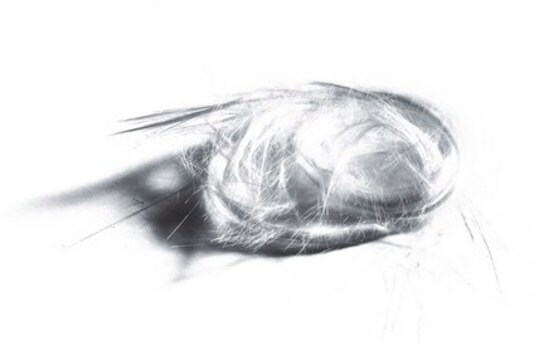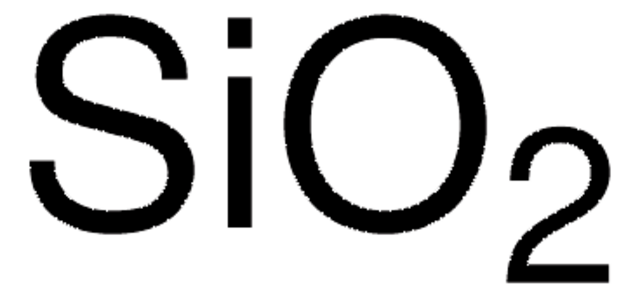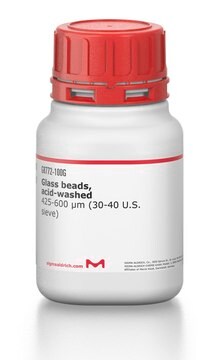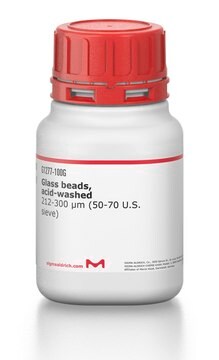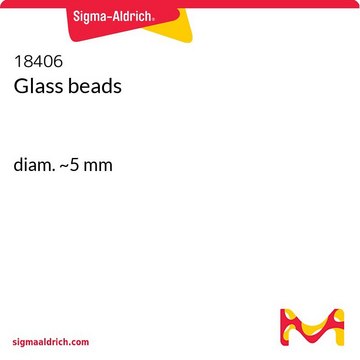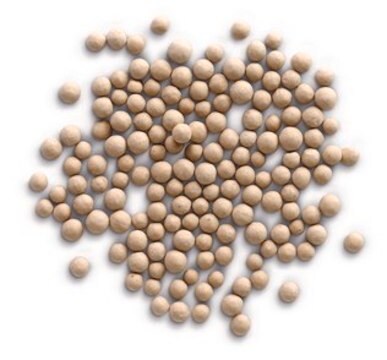Recommended Products
packaging
pkg of 50 g
technique(s)
gas chromatography (GC): suitable
Looking for similar products? Visit Product Comparison Guide
General description
Glass wool is made up of short glass fibres and is nonflammable in nature. It is widely considered as a thermal insulation material in ships, automobiles, air conditioning ducts and water supply pipes. Furthermore, it is also suitable as noise absorbing material in concert halls, studios and movie theatres. Above all that it is non carcinogenic to humans. Glass wool treated with phosphoric acid is highly advantageous as it prevents usage of more amount of glass wool for metal column tubing. Moreover phosphoric acid is the most effective acid additive which is generally required in the stationary phase of the chromatographic column for deactivation of both the support and metal column tubing that is the glass wool. Glass wool treated with phosphoric acid is highly suitable for the analysis of free fatty acids (FFA).
Wool plugs are often used in GC inlet liners to improve sample vaporization, and/or to keep non-volatile material from entering the column. They can also be used in packed GC columns, solvent desorption tubes, thermal desorption tubes, and purge traps to retain adsorbent beds.
Application
Glass wool column maybe used for the separation of lymphocytes in human blood.
Other Notes
Phosphoric Acid Treated for acidic compounds such as barbiturates, free fatty acids, etc.
Storage Class
11 - Combustible Solids
wgk_germany
WGK 3
flash_point_f
Not applicable
flash_point_c
Not applicable
ppe
dust mask type N95 (US), Eyeshields, Gloves
Choose from one of the most recent versions:
Certificates of Analysis (COA)
Lot/Batch Number
Sorry, we don't have COAs for this product available online at this time.
If you need assistance, please contact Customer Support.
Already Own This Product?
Find documentation for the products that you have recently purchased in the Document Library.
Gas chromatographic analysis of C< sub> 2</sub>-C< sub> 5</sub> fatty acids in aqueous media using Carbopack B-Carbowax 20M-phosphoric acid.
Du Preez JC and Lategan PM.
Journal of Chromatography A, 150 (1), 259-262 (1978)
Advanced Ceramic Technologies & Products. The Ceramic Society of Japan.
Science, 18, 439-444 (1984)
Separation of free acids C2-C5 in dilute aqueous solution column technology.
Journal of Chromatographic Science, 9 (11), 673-681 (1971)
Separation of Lymphocytes in Human Blood by Means of Glass Wool Column.
Johnson TM and Garvin JE.
Exp. Biol. Med, 102 (2), 333-335 (1959)
Our team of scientists has experience in all areas of research including Life Science, Material Science, Chemical Synthesis, Chromatography, Analytical and many others.
Contact Technical Service

